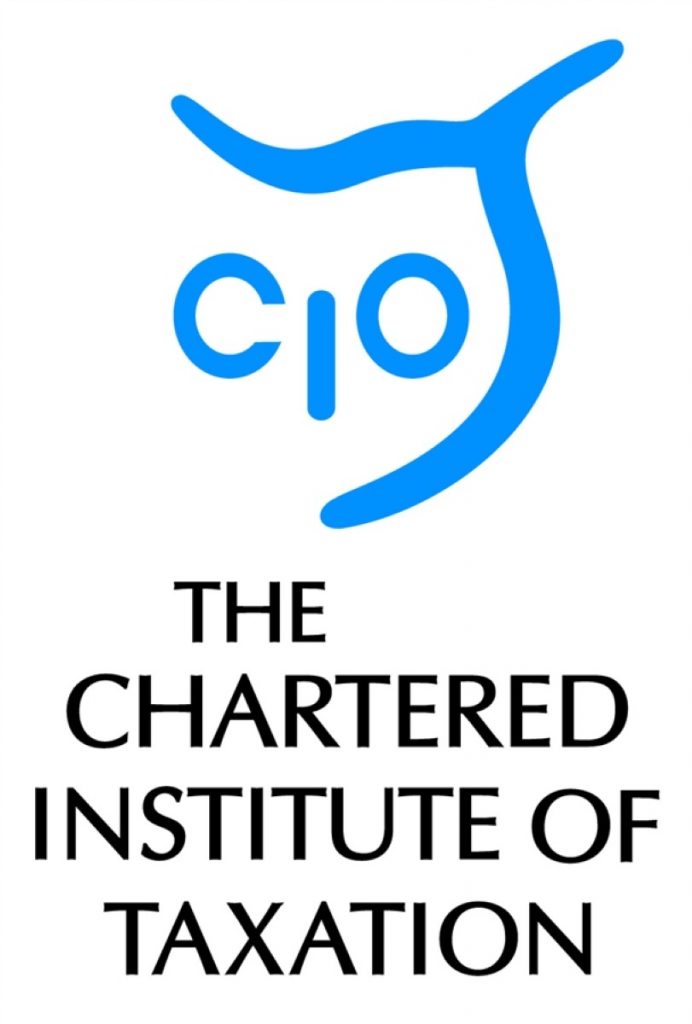Retention of Main Residence Relief Election: a step in the right direction
The Chartered Institute of Taxation (CIOT) notes the Government’s intention to retain the ability to elect a main residence for relief from Capital Gains Tax (CGT). This announcement means that most taxpayers will be free to elect as before; the election will be restricted only for those who are trying to claim that a property in a country where they are not resident is their main residence.
Currently, owners of more than one property can make an election to choose which property is their main residence and in doing so, qualify that property for main residence relief; a relief from CGT when the home is sold.
Aparna Nathan, Chair of the CIOT’s Capital Gains Tax & Investment Income Sub-Committee, said:
“When HMRC first consulted on their plans for a new CGT charge on UK properties sold by non-residents, we expressed concern that the proposed withdrawal of the main residence election for all taxpayers could have resulted in UK residents with more than one home being faced with CGT charges on their first or second properties with no certainty as to which would qualify for relief.
“There are a range of situations that would have been affected had the right to elect been removed; for example, an individual who works in London during the week who stays in rented accommodation, but also owns a home elsewhere which he or she uses as his main residence at weekends and during holidays. If the ability to elect was removed altogether, it is possible that relief would have been denied for his home because the rented accommodation would have been considered their main residence.
“Instead of abolishing the ability to elect for all taxpayers, the Government will, from April 2015, implement a new rule whereby an individual’s home will not be eligible for main residence relief unless:
· an individual is tax resident in the same country as the property for that tax year;
· Or the individual spent at least 90 midnights in that property during the tax year, the so-called ‘90 day rule’
“We anticipate looking in detail at the legislation to be published for consultation, as part of the draft Finance Bill.”
Notes for Editors
1. HMRC’s consultation, Implementing a capital gains tax charge on non-residents, can be read here; the summary of responses can be read here, and the submission of the Chartered Institute of Taxation, here.
2. . The Chartered Institute of Taxation
The Chartered Institute of Taxation (CIOT) is the leading professional body in the United Kingdom concerned solely with taxation. The CIOT is an educational charity, promoting education and study of the administration and practice of taxation. One of our key aims is to work for a better, more efficient, tax system for all affected by it – taxpayers, their advisers and the authorities. The CIOT’s work covers all aspects of taxation, including direct and indirect taxes and duties. Through our Low Incomes Tax Reform Group (LITRG), the CIOT has a particular focus on improving the tax system, including tax credits and benefits, for the unrepresented taxpayer.
The CIOT draws on our members’ experience in private practice, commerce and industry, government and academia to improve tax administration and propose and explain how tax policy objectives can most effectively be achieved. We also link to, and draw on, similar leading professional tax bodies in other countries. The CIOT’s comments and recommendations on tax issues are made in line with our charitable objectives: we are politically neutral in our work.
The CIOT’s 17,000 members have the practising title of ‘Chartered Tax Adviser’ and the designatory letters ‘CTA’, to represent the leading tax qualification.





-01.png)